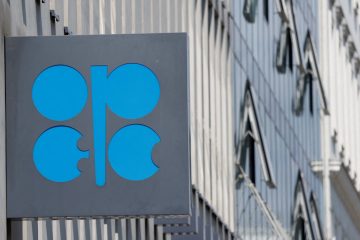Gold hovers below $1,800, recession fears spur some safe haven demand

Gold prices remained below key levels on Thursday, but fared somewhat better than the broader metal market as growing fears of a global recession drove some safe haven buying into the yellow metal.
Gold prices rose sharply on Wednesday amid an increasing number of warnings that rising interest rates and stubborn inflation will cause a U.S. recession in 2023. An inversion in the U.S. yield curve was also perceived by several market participants as an indicator of an impending recession.
But while gold has largely lost its safe haven status this year, speculation that the dollar has peaked this year weighed on the greenback drove recent flows into the yellow metal.
Spot gold fell 0.2% to $1,783.11 an ounce, while gold futures fell 0.2% to $1,795.15 an ounce by 20:17 ET (01:17 GMT). Both instruments rallied nearly 1% each on Wednesday, amid growing concerns over a U.S. recession.
Focus this week is on U.S. producer inflation data for November, due on Friday, to gauge the path of price pressures in the country.
While inflation eased in October, it still remained well above the Federal Reserve’s target range. Signs of strength in consumer spending and the jobs market also raised concerns over inflation remaining stickier than expected in the coming months.
Such a scenario is likely to invite more hawkish moves by the Fed. While the central bank is expected to hike rates by a smaller margin next week, it has warned that U.S. rates could peak at higher-than-expected levels in the face of stubborn inflation.
Rising U.S. interest rates weighed heavily on gold prices this year, and a hawkish outlook from the Fed is likely to further dent the yellow metal.
Among industrial metals, copper prices were flat on Thursday after two straight days of gains, amid optimism over an economic reopening in China.
Copper futures steadied around $3.8448 a pound after rising nearly 1% in the past two sessions.
China announced the further relaxation of anti-COVID curbs this week, driving up hopes of an eventual economic recovery in the world’s largest copper importer.
But the country is still struggling with record-high daily increases in infections. Slowing economic growth in the rest of the world could also potentially weigh on copper demand in the near-term, keeping prices subdued.









